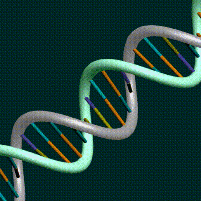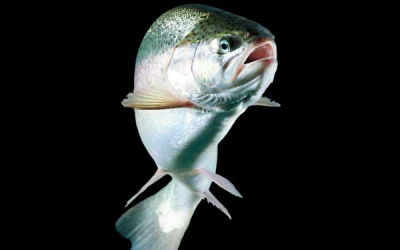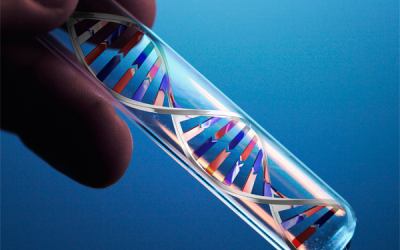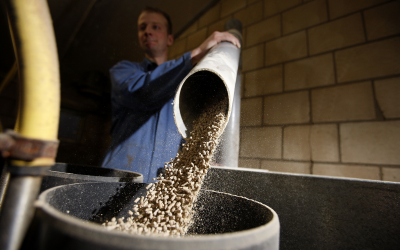Nutrigenomics

Nutrigenomics is an emerging science that investigates how individual nutrients, or their metabolites, interact with the mammalian genome to regulate the structure or expression of genes.
Individual approach
The more we learn about the biology of pets, the more we realize how vastly different each breed is. Of all the animal species, the dog may be the most diverse. Dalmatians, for example, are susceptible to bladder stones, while Poodles and Akitas are susceptible to sebaceous adenitis, a skin disease that results in hair loss, toughening of the skin, and greasy coat.
Breed specific products
Through the mapping of the canine genome in 2004 and the application of nutrigenomics, veterinarians can now see ways to maximise dogs’ health by preventing certain predisposed disease states and minimising some of the painful and debilitating symptoms of others. In some cases it may even be possible to prolong life-expectancy. In addition, by understanding the relationship between genes, nutrients and health holds the potential to change the way we approach treatment of disease in pets and to design pet food for specific types of breeds. Royal Canin for example has an extensive range of ‘breed specific products’.
The advent of nutrigenomics means that we will eventually be able to use the information contained in animal genomes to design nutritional programmes to alleviate an array of diseases and improve the quality of life of companion animals.











